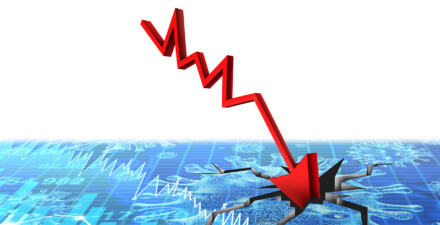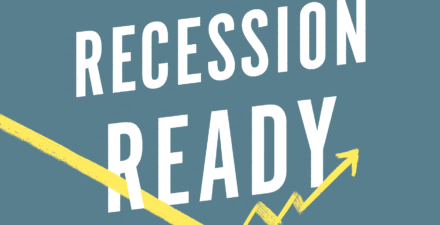Economic experts propose policy responses to coronavirus recession

University of California, Berkeley economists Emmanuel Saez and Gabriel Zucman, in cooperation with Economics for Inclusive Prosperity, are hosting an invitation-only online conference today to discuss economic policy responses to the coronavirus recession.
In the days following the conference, Equitable Growth, in cooperation with UC Berkeley, Economics for Inclusive Prosperity, and the presenters, will publish a series of columns summarizing the proposals and discussion.
The discussion will include brief comments from eight economic policy experts, beginning with opening thoughts from Olivier Blanchard, senior fellow at the Peterson Institute for International Economics and the former chief economist of the International Monetary Fund, followed by:
- Arindrajit Dube, University of Massachusetts Amherst economist, on work-sharing plans and unemployment insurance
- Jason Furman, Harvard University professor of the practice of economic policy and former White House Council of Economic Advisers chair, on comparing various stimulus responses and their practicality
- Pierre-Olivier Gourinchas, UC Berkeley professor of global management, on international aspects of the coronavirus recession, particularly eurobonds
- Nellie Liang, senior fellow in economic studies at The Brookings Institution, on financial market stabilization
- Gregory Mankiw, Harvard economist and former White House Council of Economic Advisers chair, on short-term stabilization response
- Emmanuel Saez, UC Berkeley economist, on government as payer of last resort for wages and essential maintenance costs
- Claudia Sahm, Equitable Growth director of macroeconomic policy and former Federal Reserve Board economist, on the economic outlook and depth of the coronavirus recession
A full discussion will then follow, including discussion of:
- Short-run: social insurance to alleviate economic hardship
- Short-run: macroeconomic stabilization
- Short-run: increasing the capacity of public healthcare systems
- Short-run: What are countries doing? What works best?
- Medium-run: Reorganizing economic production with social distancing
- Trade-offs: economic damage versus health damage
Please check Equitable Growth’s policy-dedicated webpage “Policy resources for the coronavirus recession” for these forthcoming columns from the participants in the online conference.







